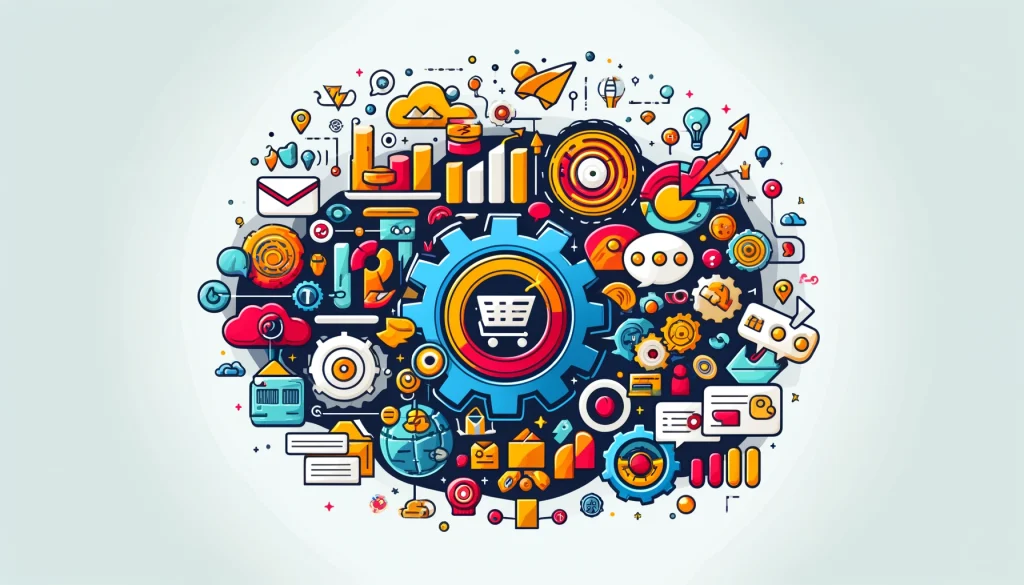Marketing automation refers to the use of software platforms and technologies to automate repetitive marketing tasks, streamline workflows, and deliver personalized messages to prospects and customers across multiple channels. It allows businesses to nurture leads, engage with customers, and optimize marketing campaigns more efficiently and effectively. Here are some key components and benefits of marketing automation:
Components of Marketing Automation:
Email Marketing Automation: Automating email campaigns based on triggers, such as user actions or time-based sequences, to deliver targeted and personalized messages to subscribers.
Lead Nurturing:
Engaging leads through automated workflows and drip campaigns to move them through the sales funnel, providing relevant content and offers at each stage of the buyer’s journey.
Lead Scoring and Segmentation:
Assigning scores to leads based on their behavior and demographics, and segmenting them into different groups for more targeted and relevant marketing communications.
Social Media Automation:
Scheduling and publishing social media posts, monitoring social media engagement, and responding to interactions automatically across multiple platforms.
Website Tracking and Personalization: Tracking visitors’ behavior on websites, analyzing their interactions, and delivering personalized content and recommendations based on their interests and preferences.
Marketing Analytics and Reporting:
Collecting and analyzing data on campaign performance, audience engagement, and conversion rates to measure ROI and optimize marketing strategies.
Benefits of Marketing Automation:
Increased Efficiency: Automating repetitive tasks and workflows saves time and resources, allowing marketers to focus on strategic initiatives and creative efforts.
Improved Lead Management:
Automating lead generation and nurturing processes helps identify and prioritize high-quality leads, leading to higher conversion rates and better sales alignment.
Personalized Customer Experience:
Delivering relevant and timely messages to prospects and customers based on their behaviors and preferences enhances the overall customer experience and fosters brand loyalty.
Scalability and Consistency:
Marketing automation allows businesses to scale their marketing efforts and maintain consistency in messaging across different channels and touchpoints.
Better Insights and Optimization:
Access to data and analytics enables marketers to gain insights into campaign performance, identify areas for improvement, and optimize marketing strategies for better results.
Multi-Channel Engagement:
Marketing automation platforms support multi-channel marketing efforts, including email, social media, website, and mobile, to reach customers wherever they are and engage with them effectively.
Lead Generation and Conversion:
By automating lead generation tactics and nurturing leads through personalized communications, marketing automation helps increase lead generation and conversion rates.





